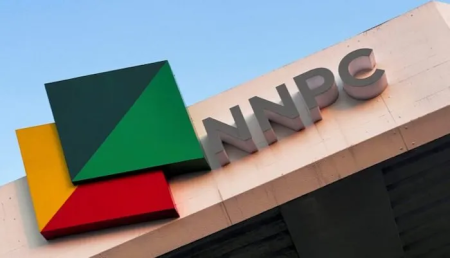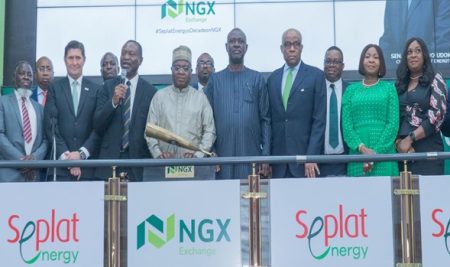 09 January 2014, News Wires -Investigators have been examining the causes behind Tuesday’s train derailment in New Brunswick in which a Canadian National Railway (CN) train carrying nine crude oil and propane tanker cars derailed and caught fire.
09 January 2014, News Wires -Investigators have been examining the causes behind Tuesday’s train derailment in New Brunswick in which a Canadian National Railway (CN) train carrying nine crude oil and propane tanker cars derailed and caught fire.
A spokesman for the Transportation Safety Board of Canada (TSB) said that a total of 17 cars and a locomotive had derailed in the accident near Plaster Rock.
The Ottawa-based TSB dispatched a team of investigators to the scene in the wake of the derailment, which occurred at 7pm local time (2300 GMT), although the investigators have not yet been to the site yet because of the fire, a spokesman for TSB told Upstream on Wednesday.
The spokesman said that, contrary to earlier reports, the emergency brakes were automatically applied but were not the cause of the derailment.
CN chief executive Claude Mongeau said earlier that five crude tankers and four propane tankers were among those that derailed.
The crude from western Canada was destined for the Irving refinery in St John, Mongeau said.
He said that that the “issue is contained” after a “very controlled burn”, although an official from CN said there were still “a few cars that we do see flames coming off of”.
New Brunswick premier David Alward said the impact of the incident on the environment appeared to be “minimal”.
The blaze continued into the early hours of Wednesday after the incident, local fire chief Tim Corbin earlier told Canadian Broadcasting Corporation.
Corbin said the propane tanks had been “the biggest concern because if they happen to explode, we’re looking at major damage”.
No one was injured but around 150 people from 45 nearby homes were evacuated after the accident.
The derailment is the latest in a string of such incidents that have put the expanding crude-by-rail business under growing scrutiny.
On 30 December, a train carrying crude east from the Bakken crashed into a grain train and derailed near Casselton, North Dakota, setting off explosions and prompting a blaze that lasted for more than 24 hours
– Upstream



